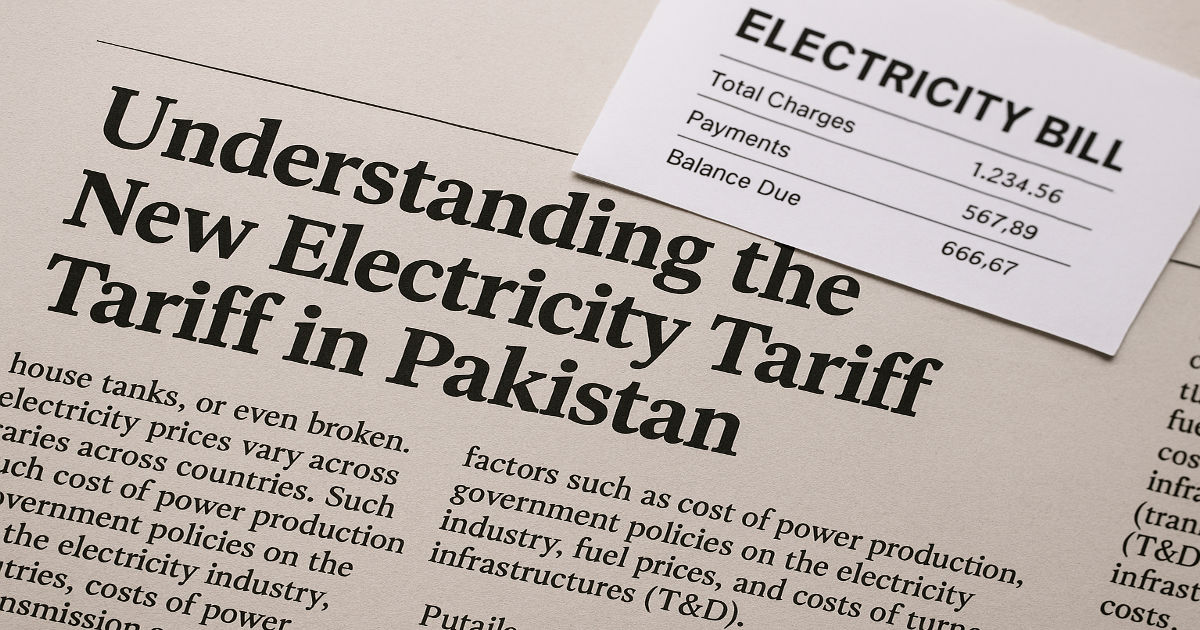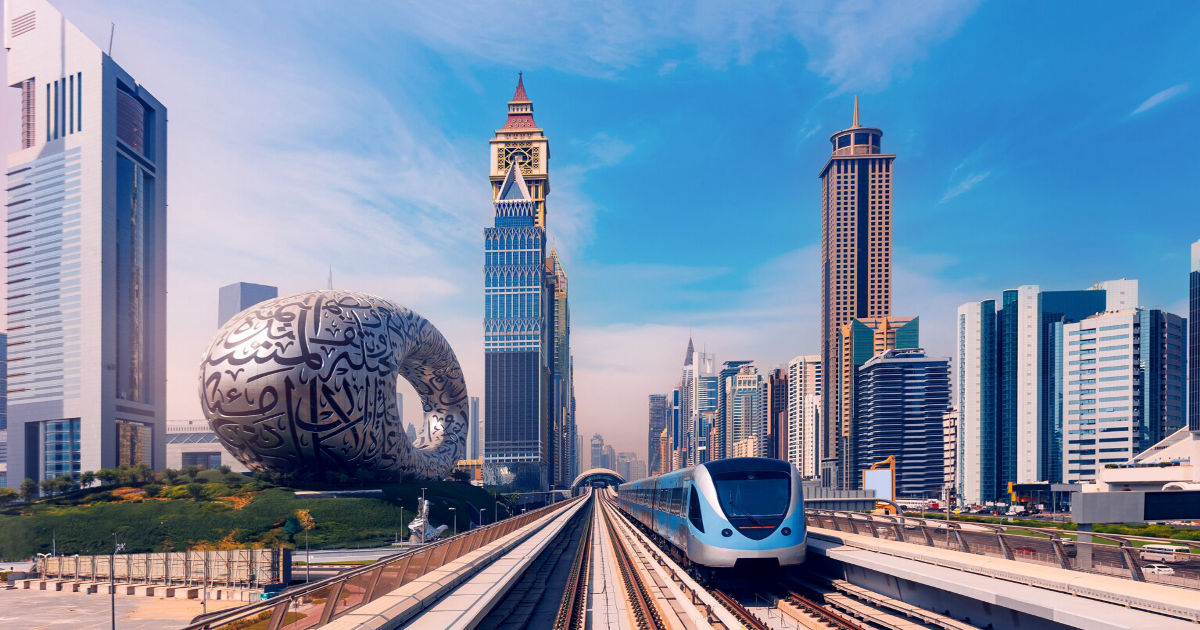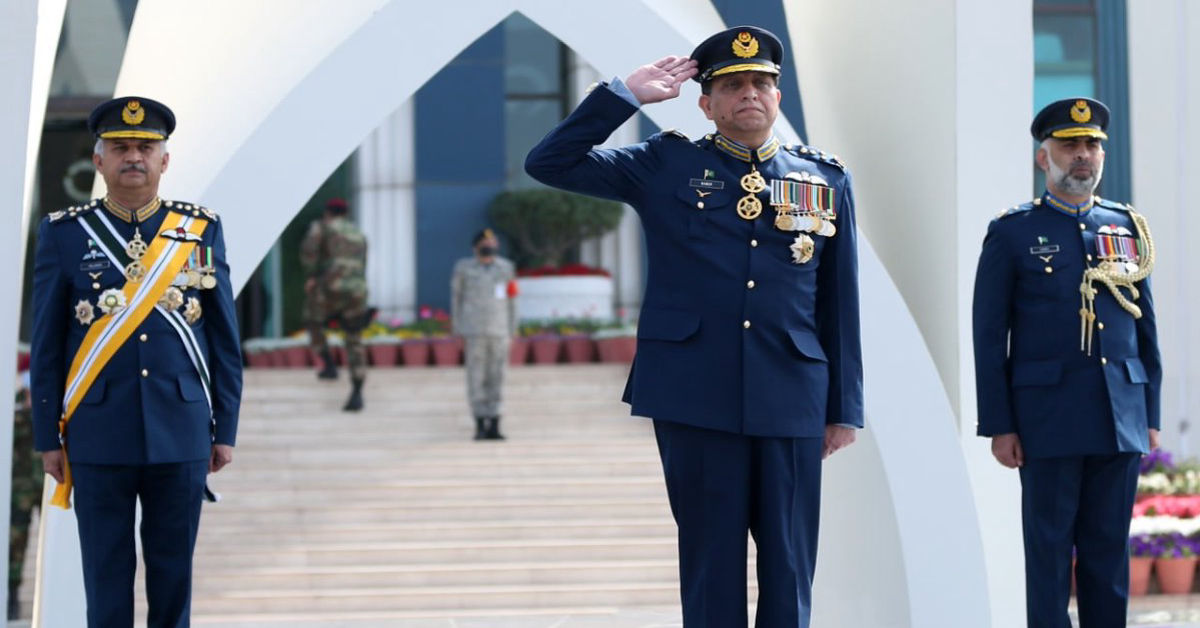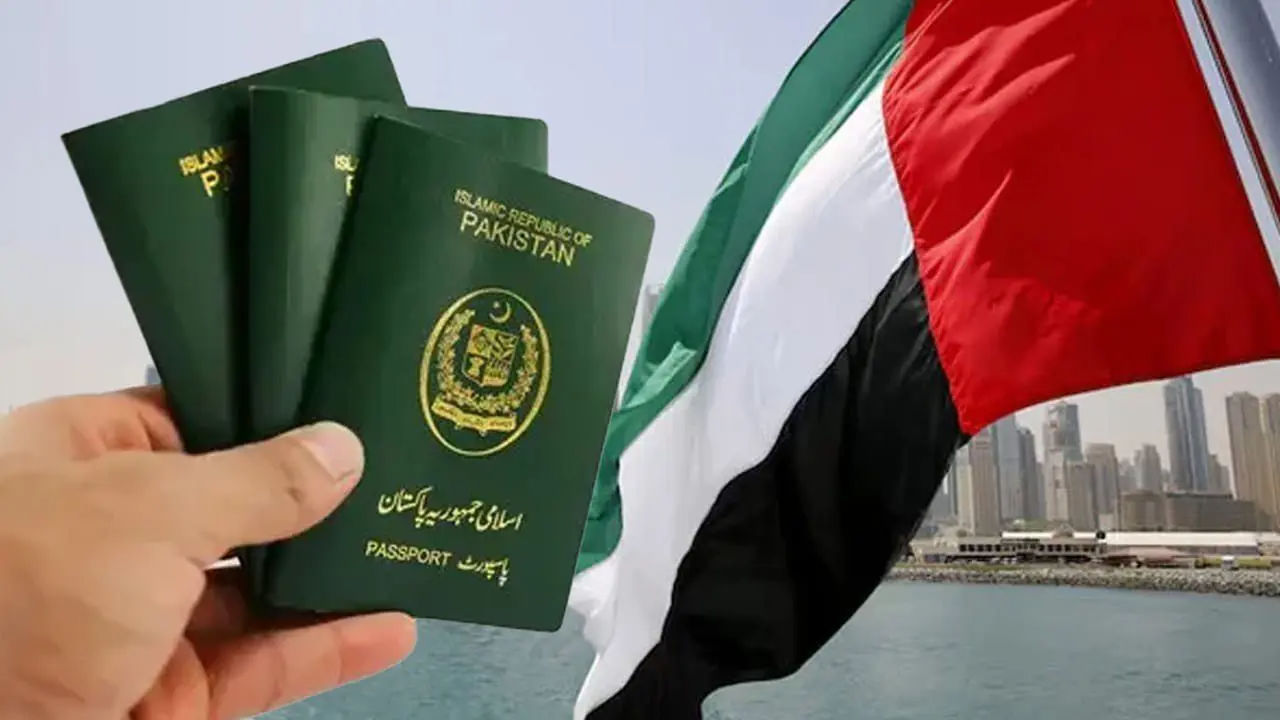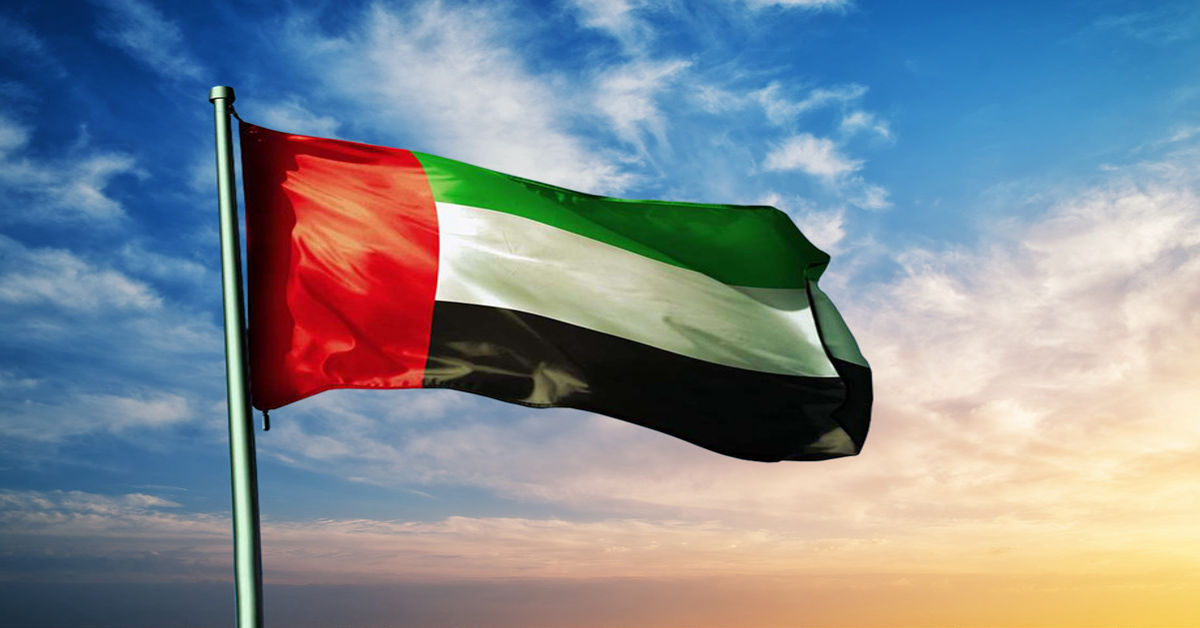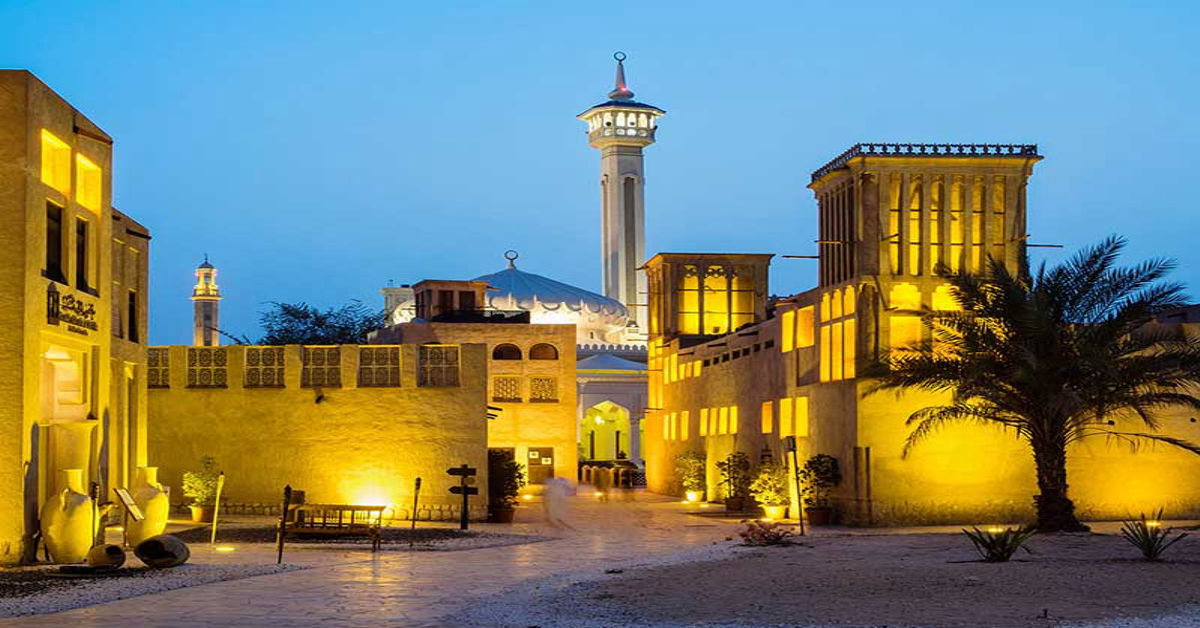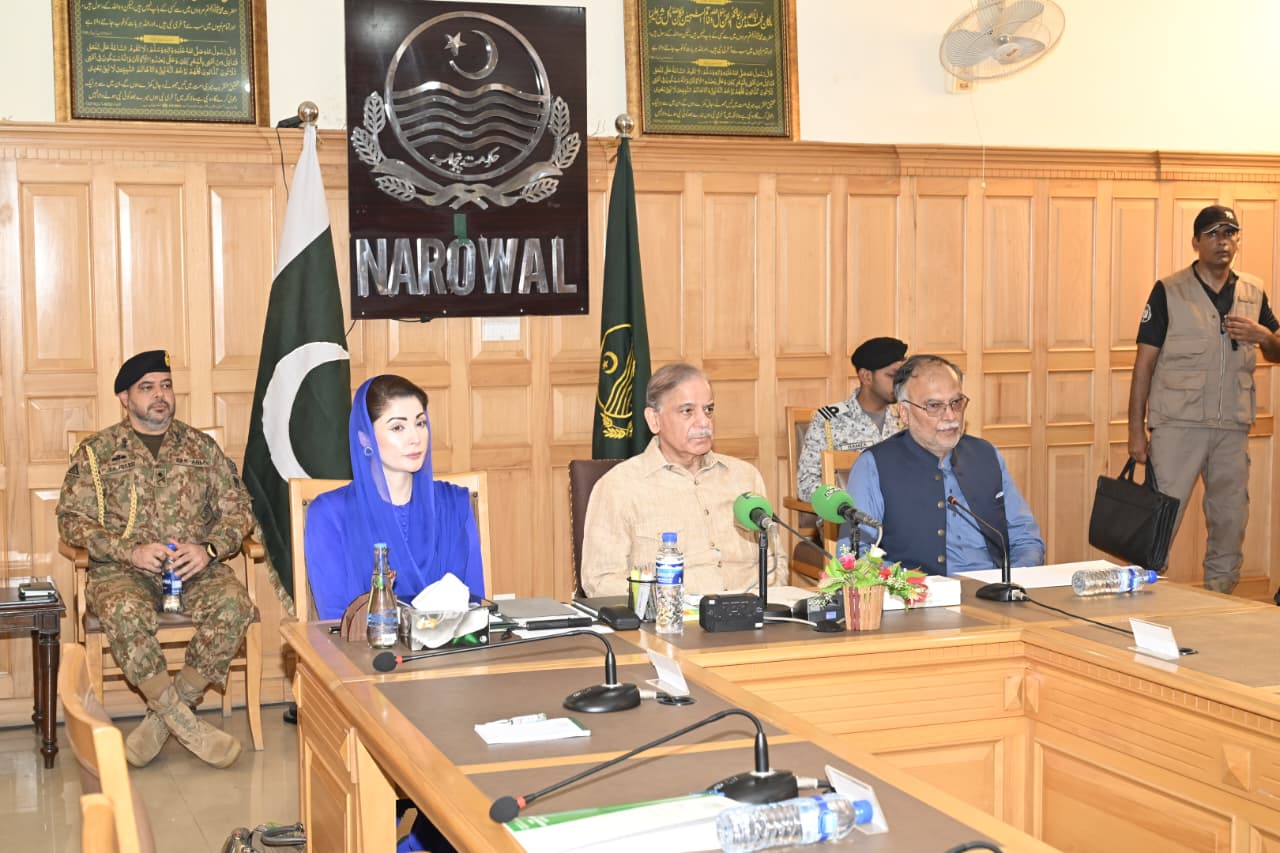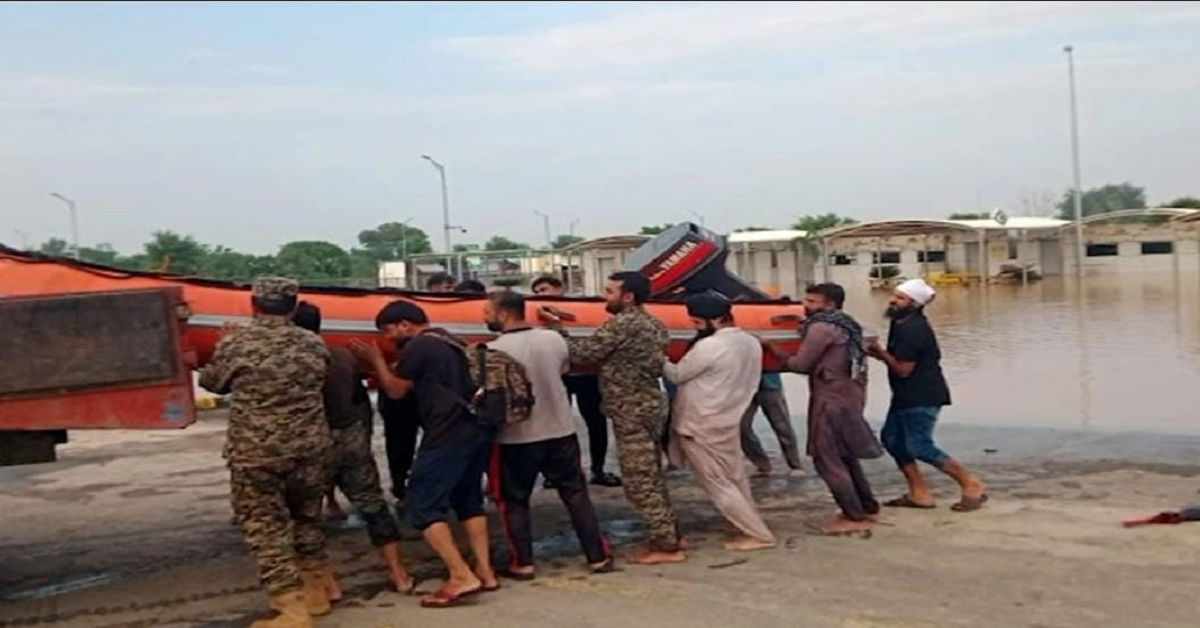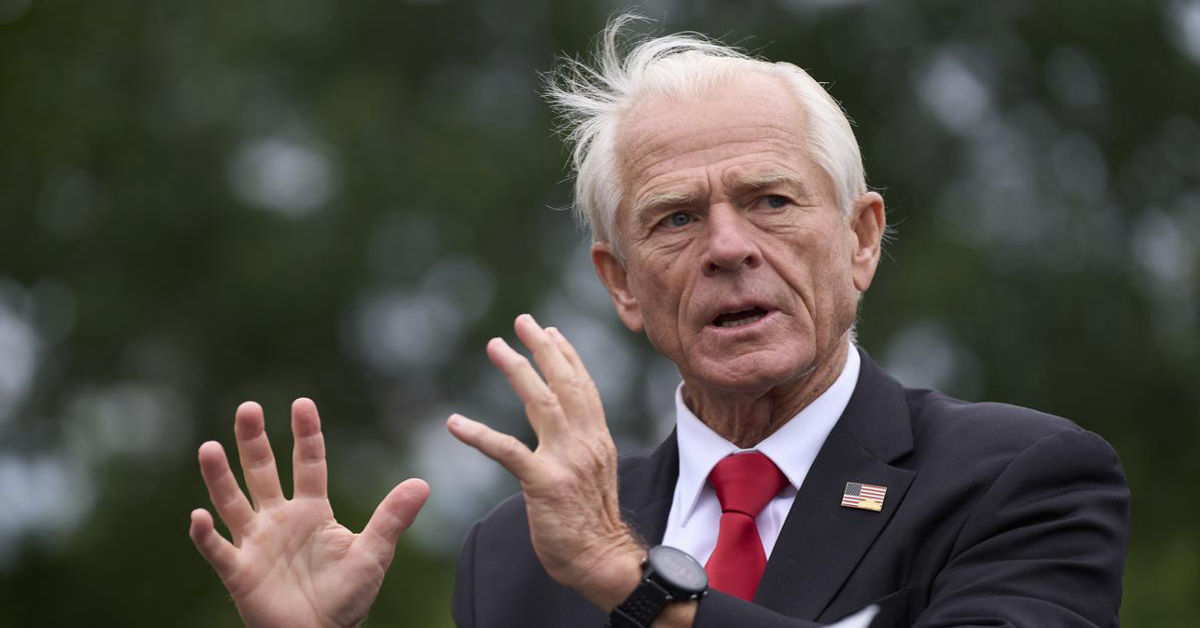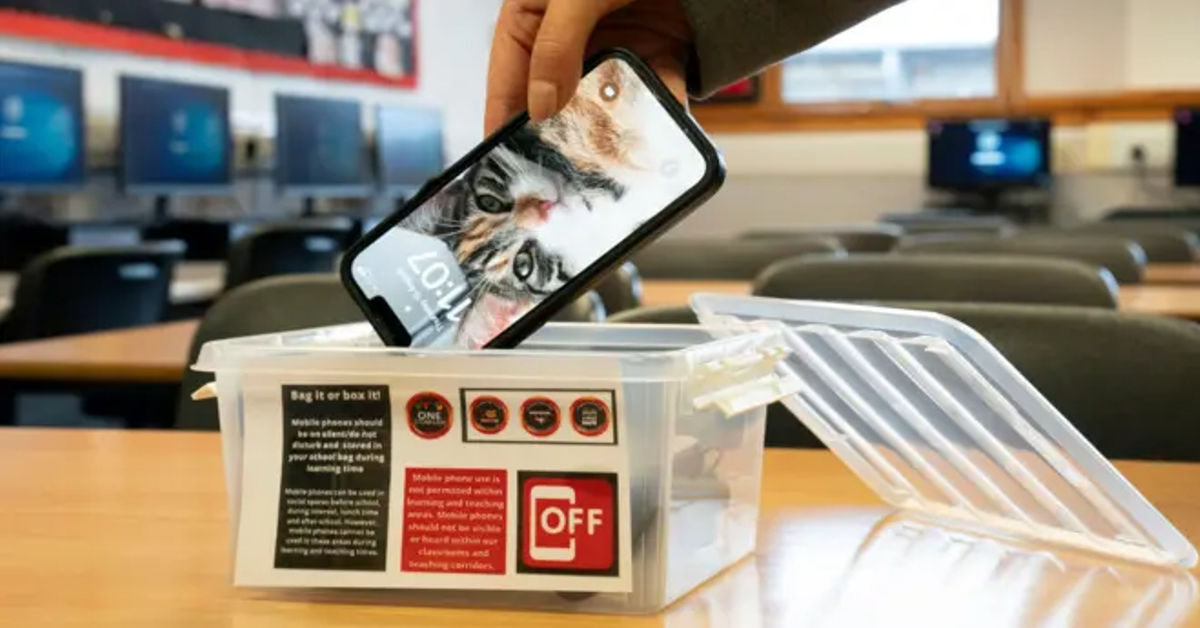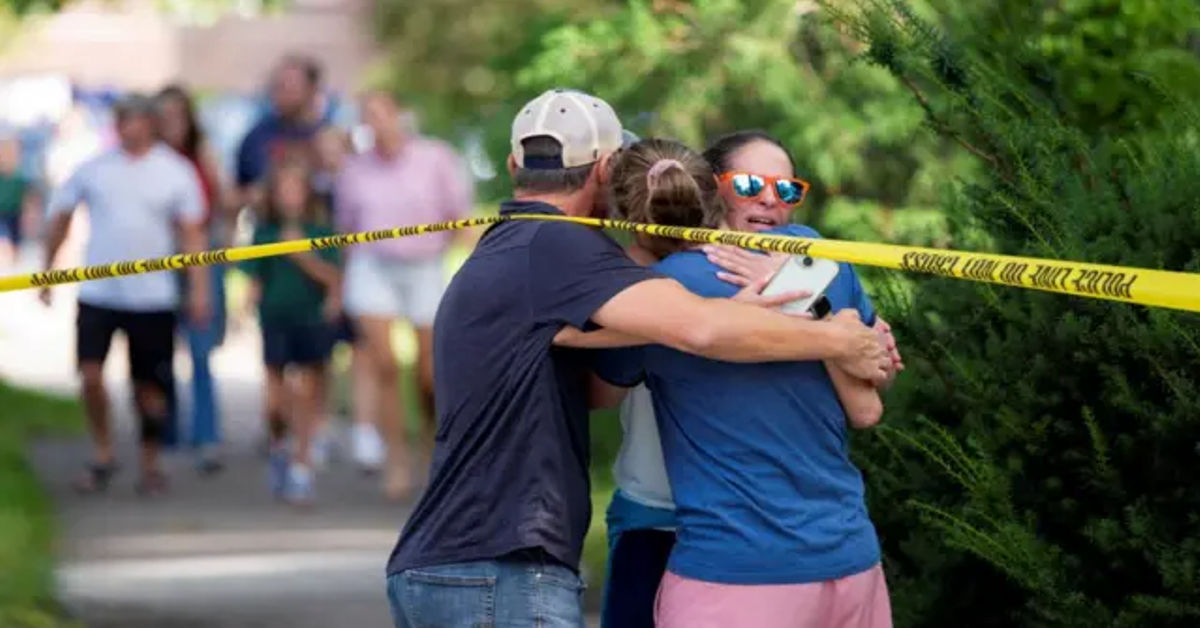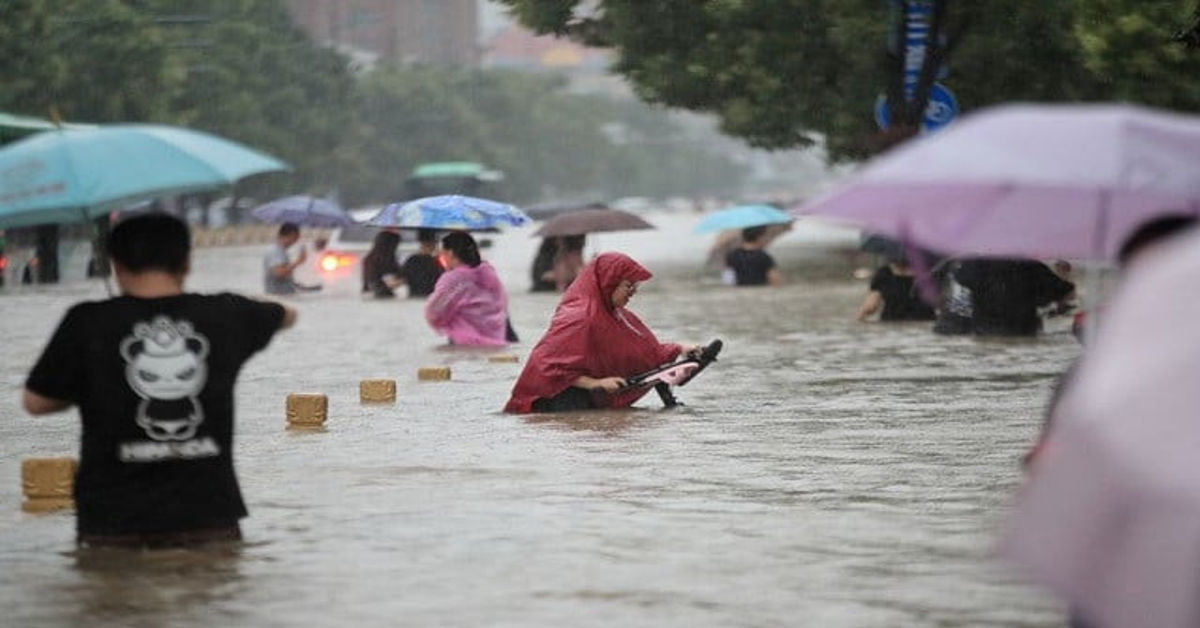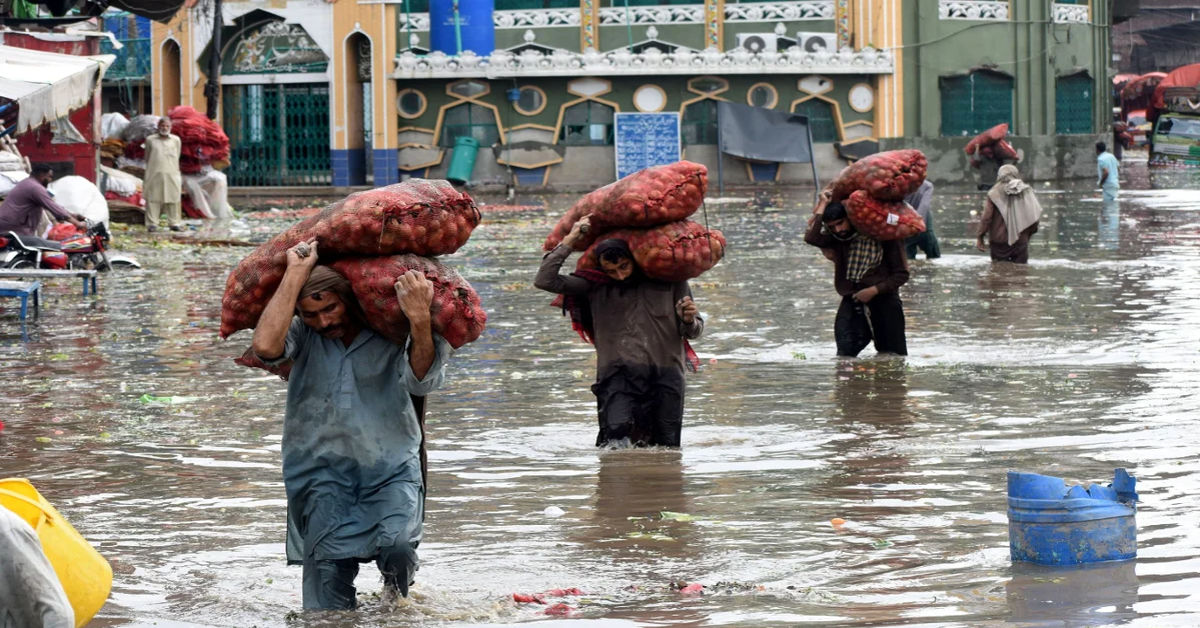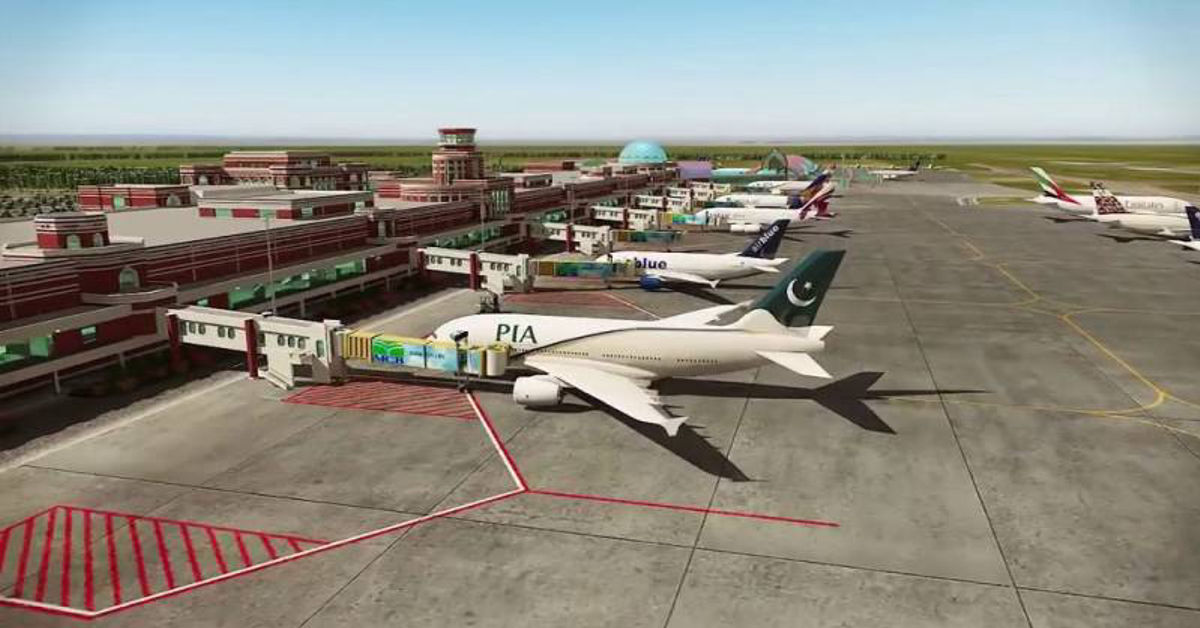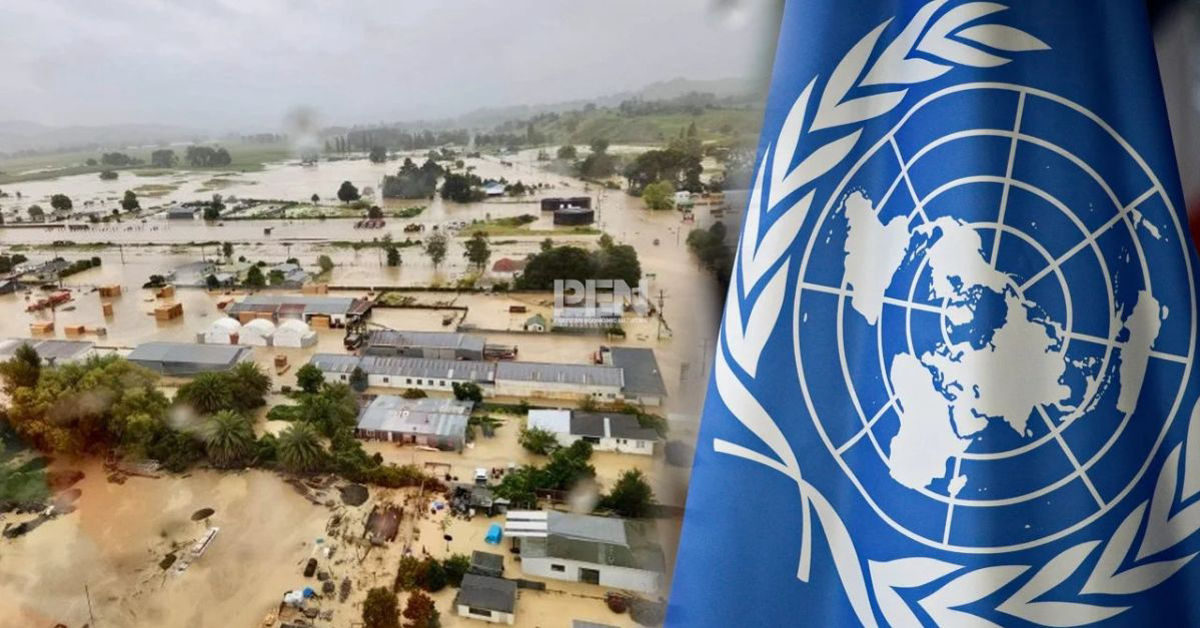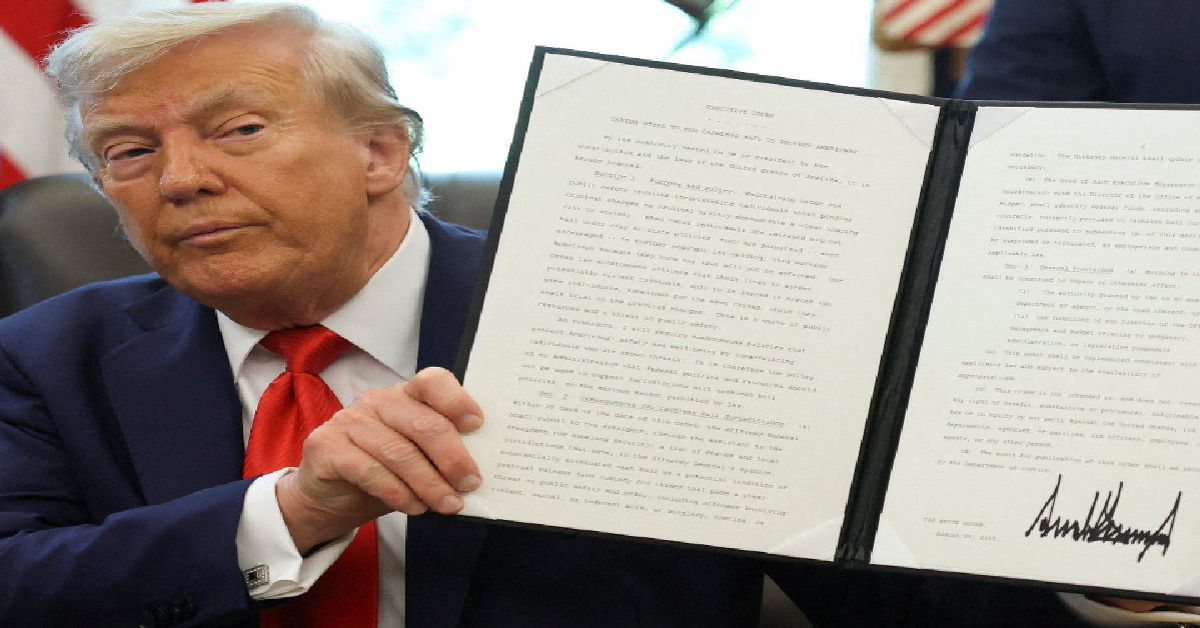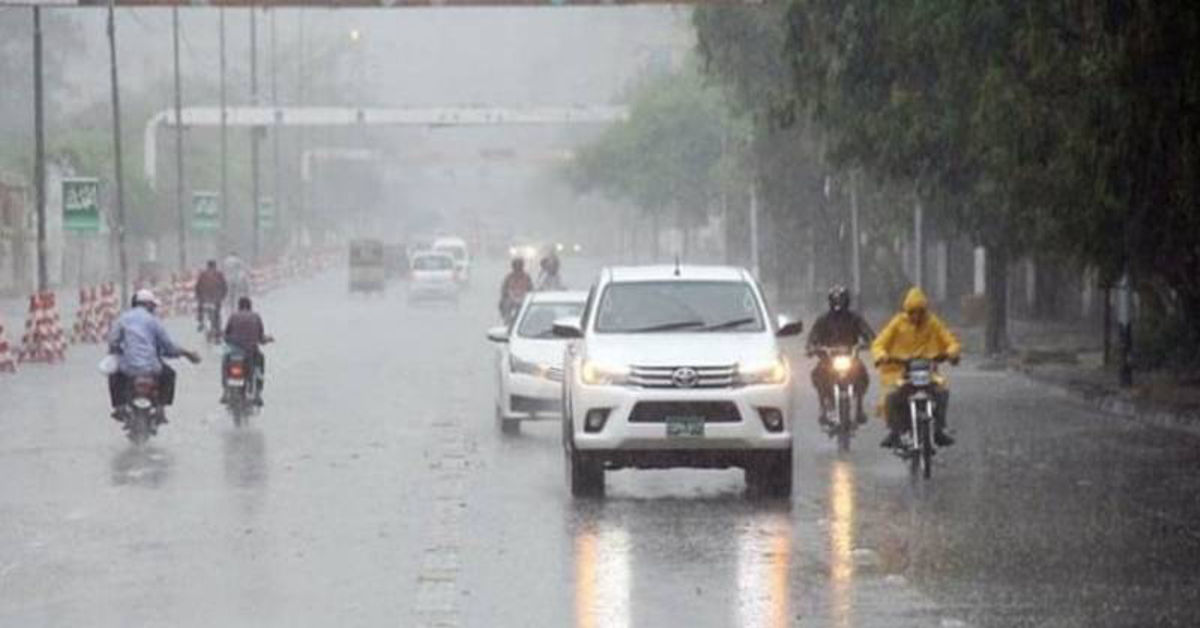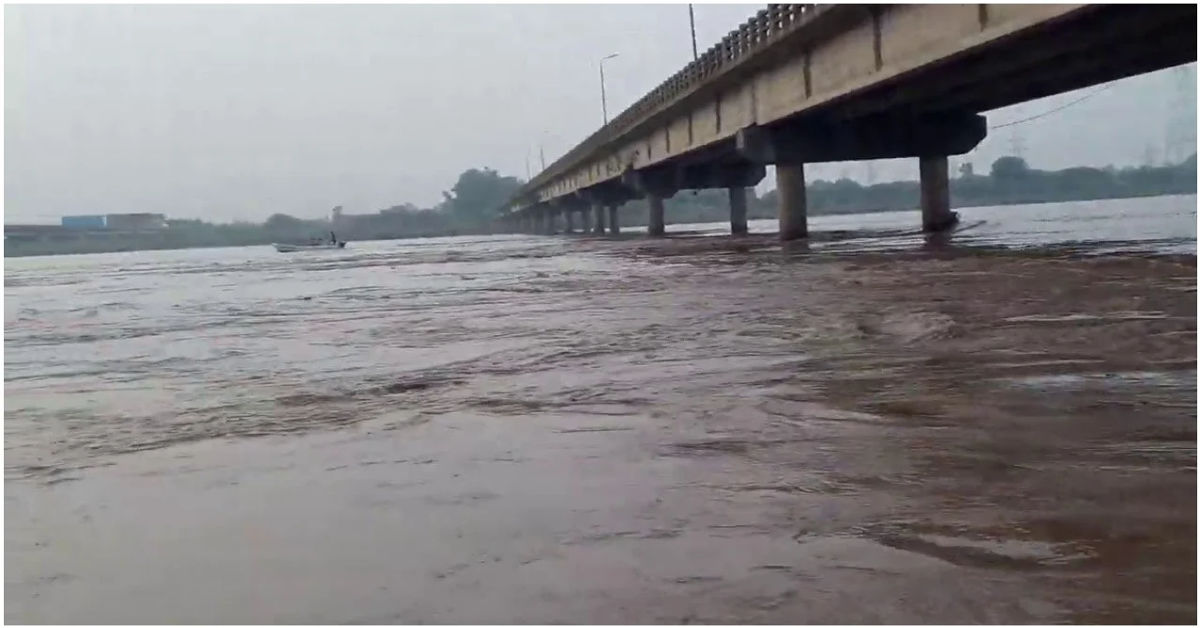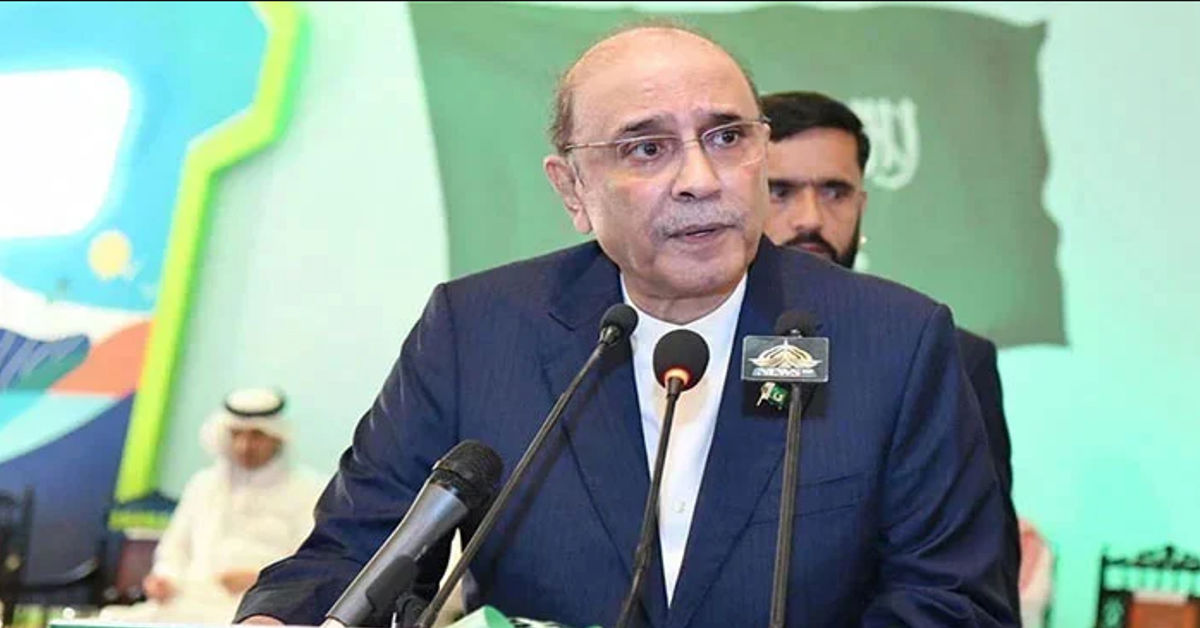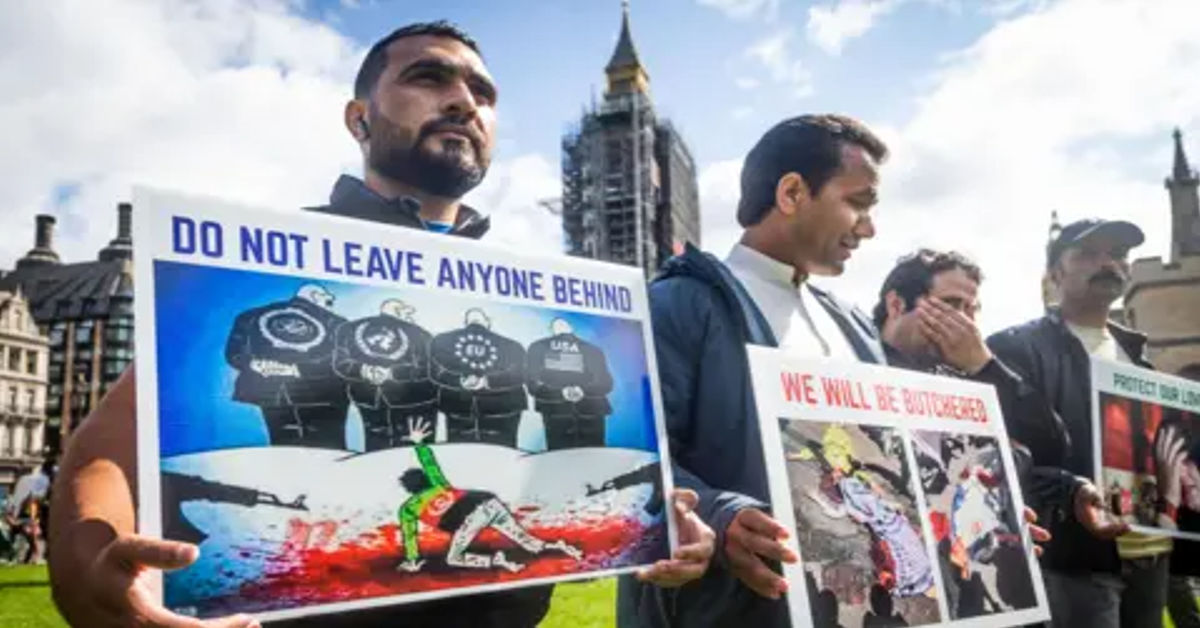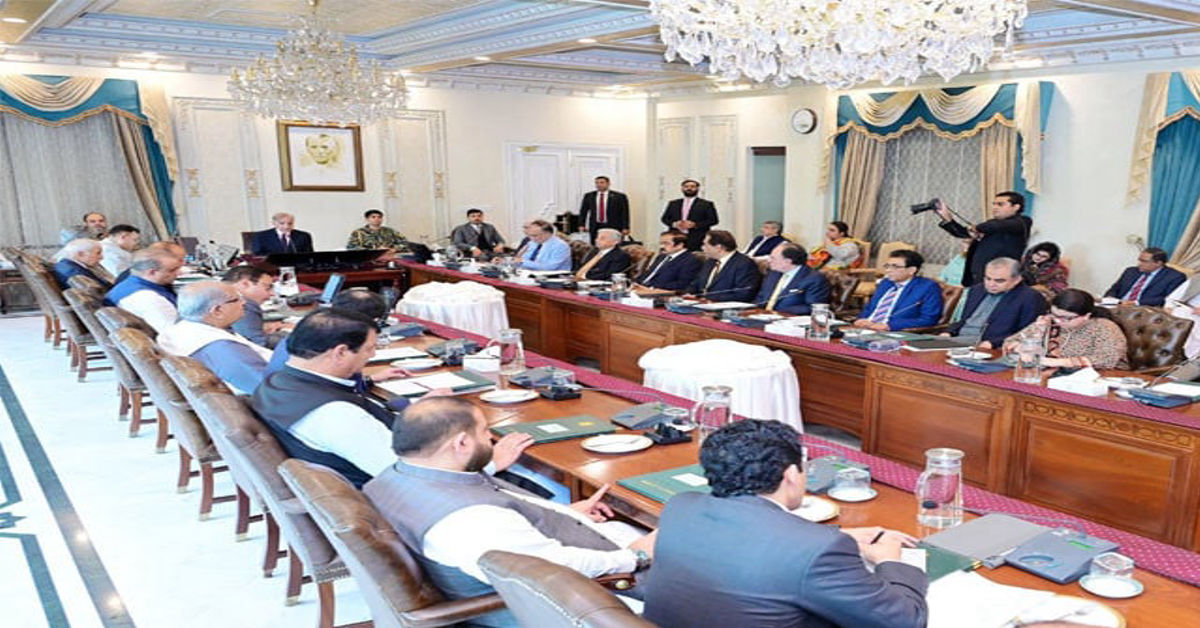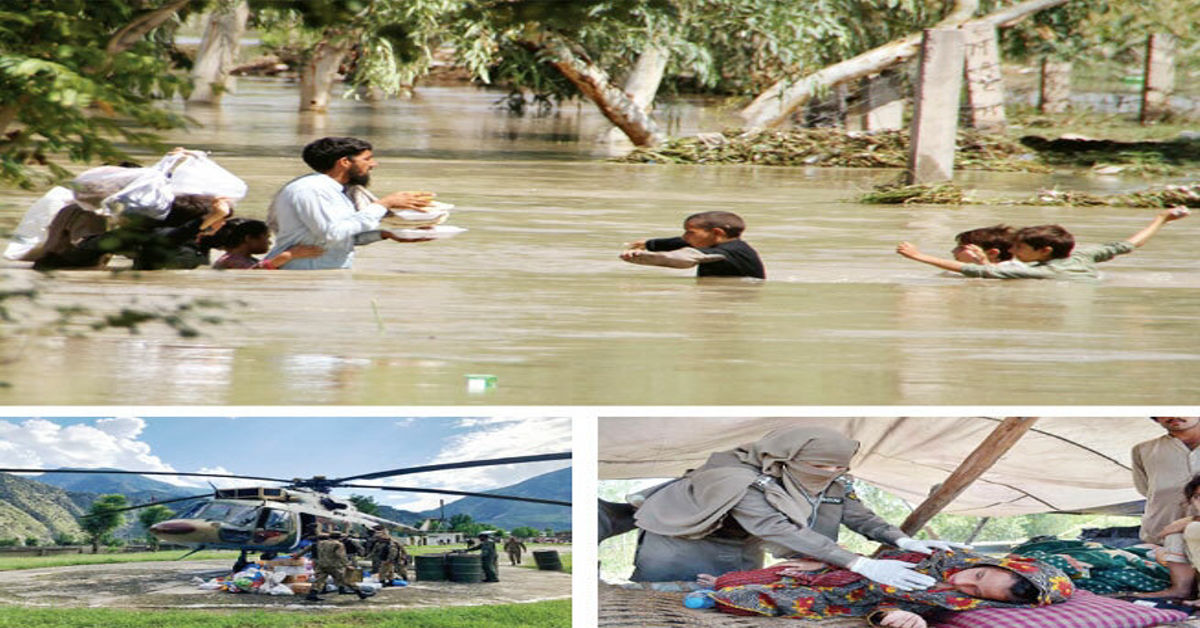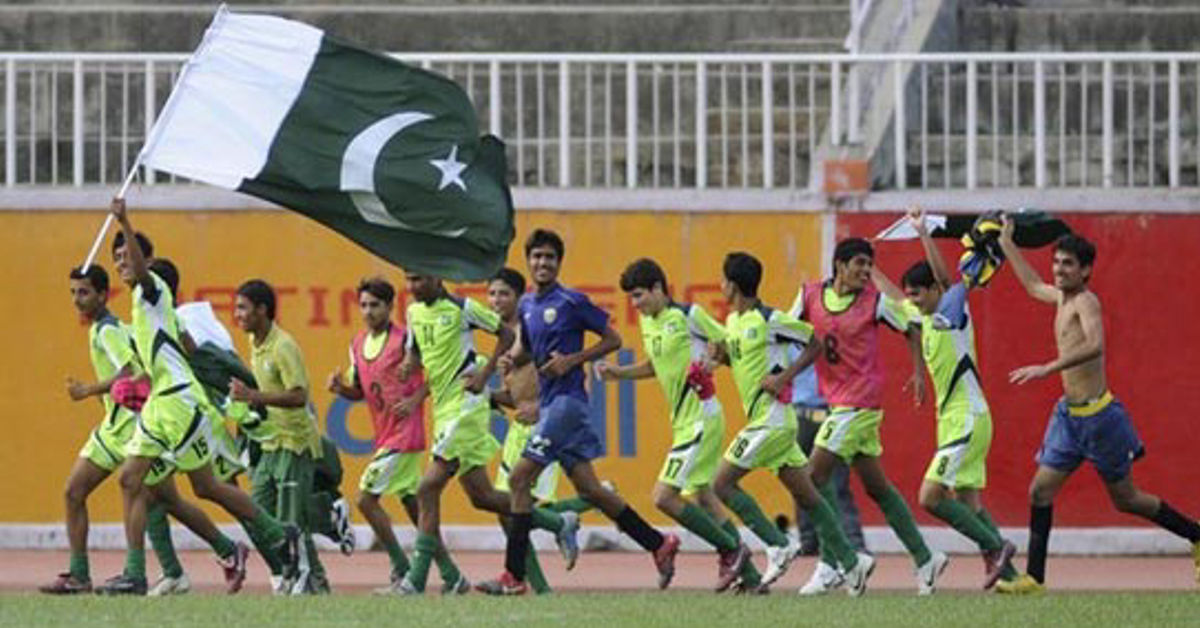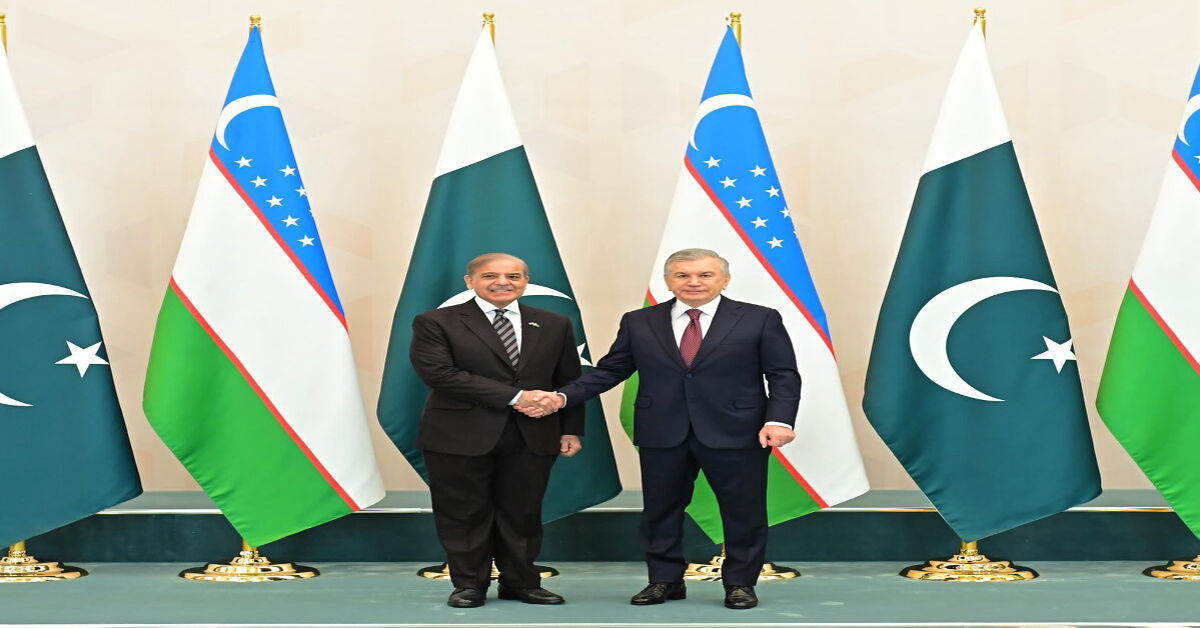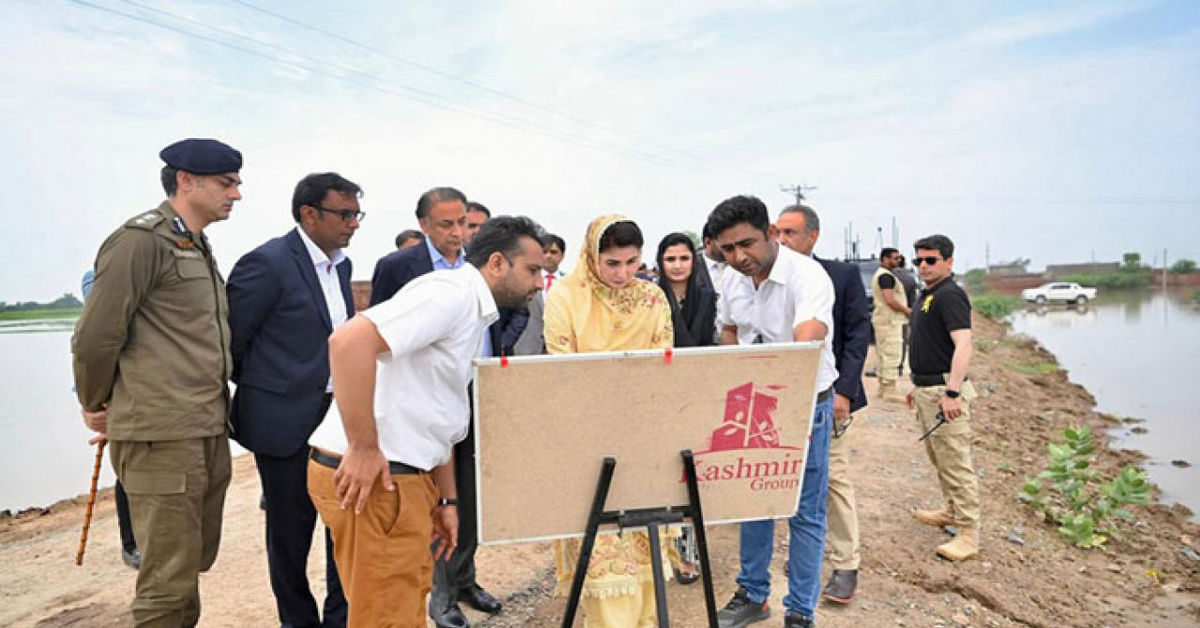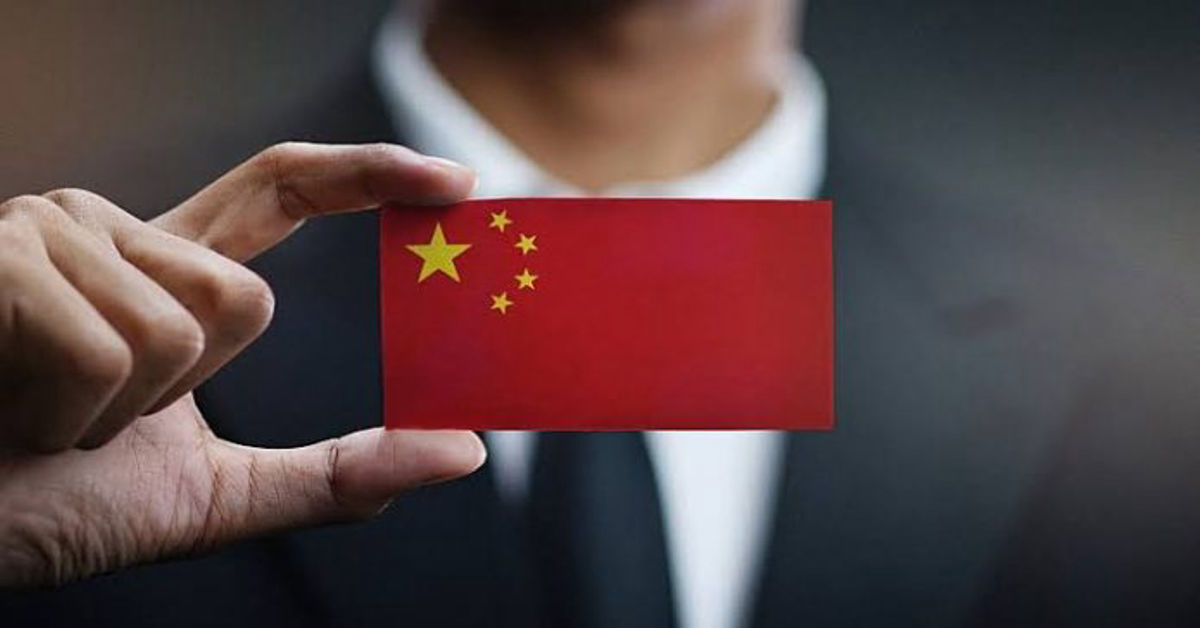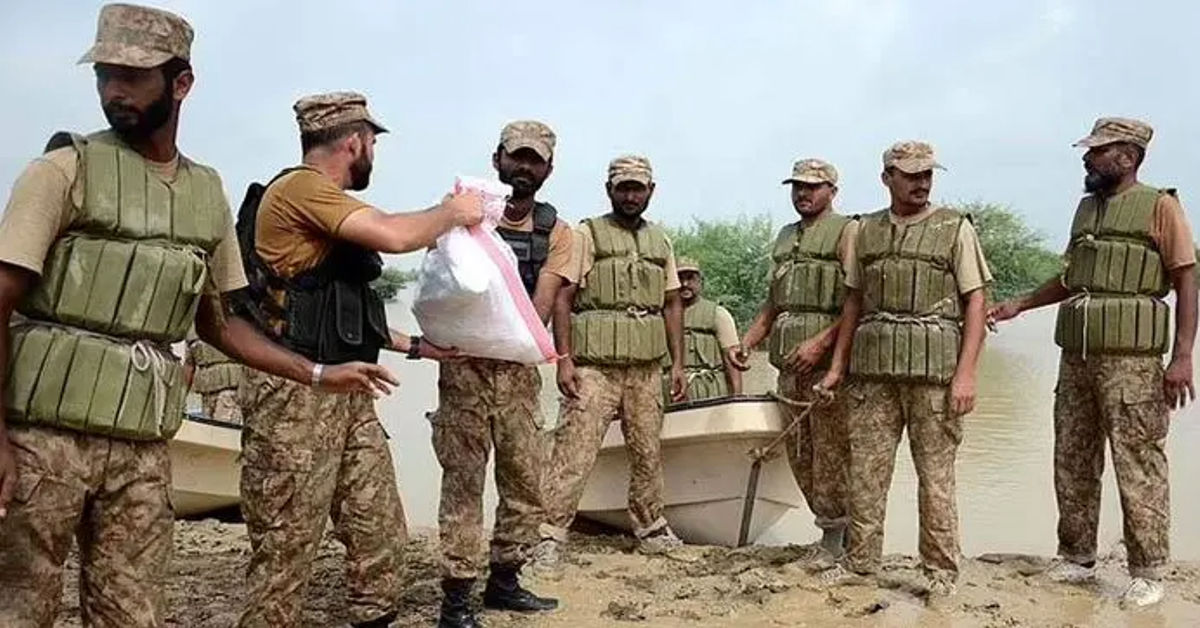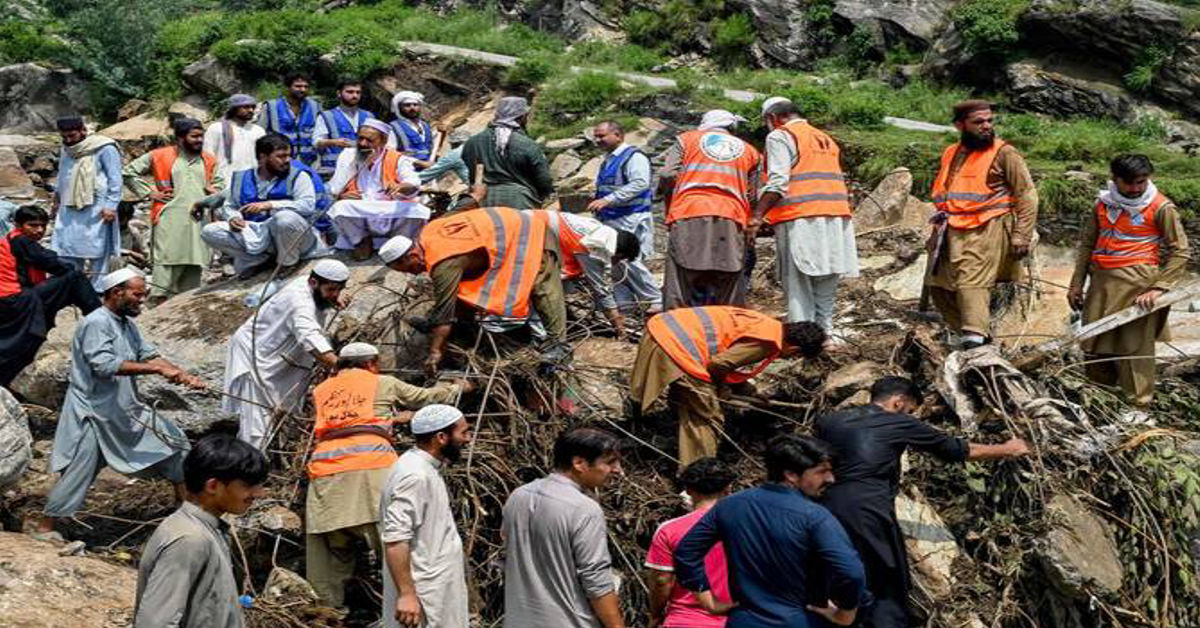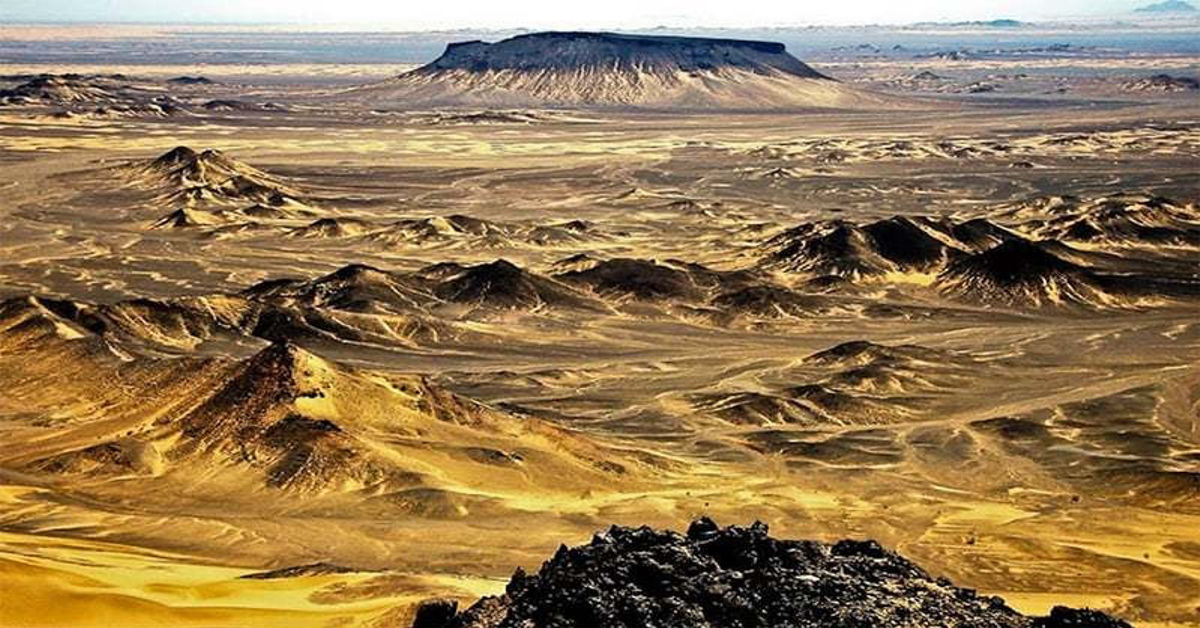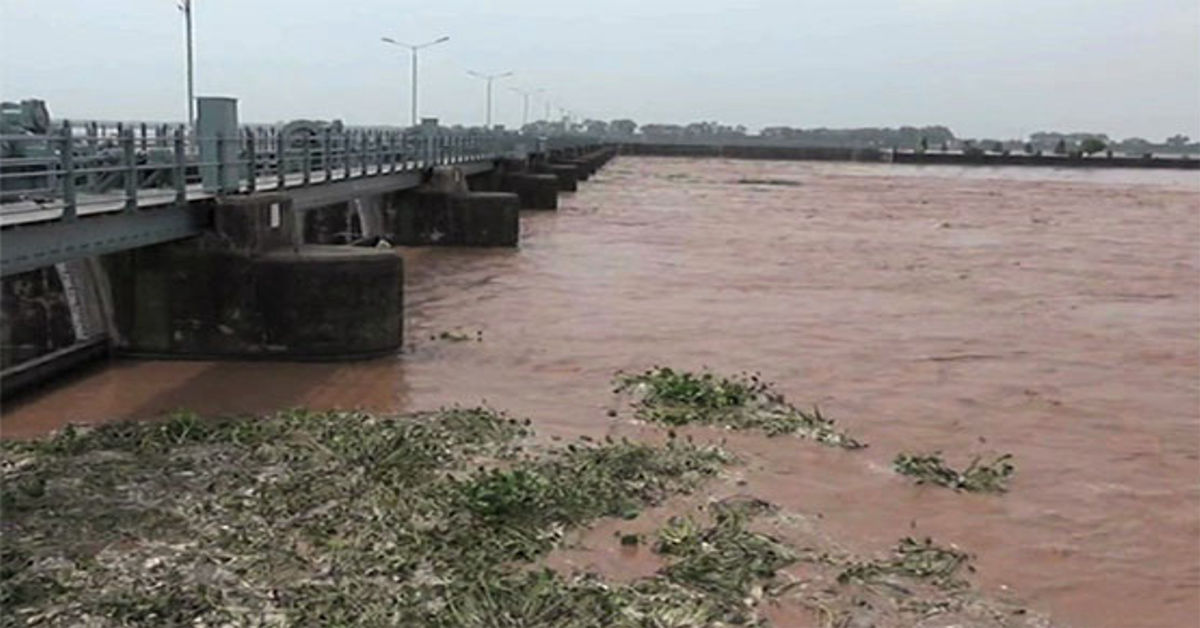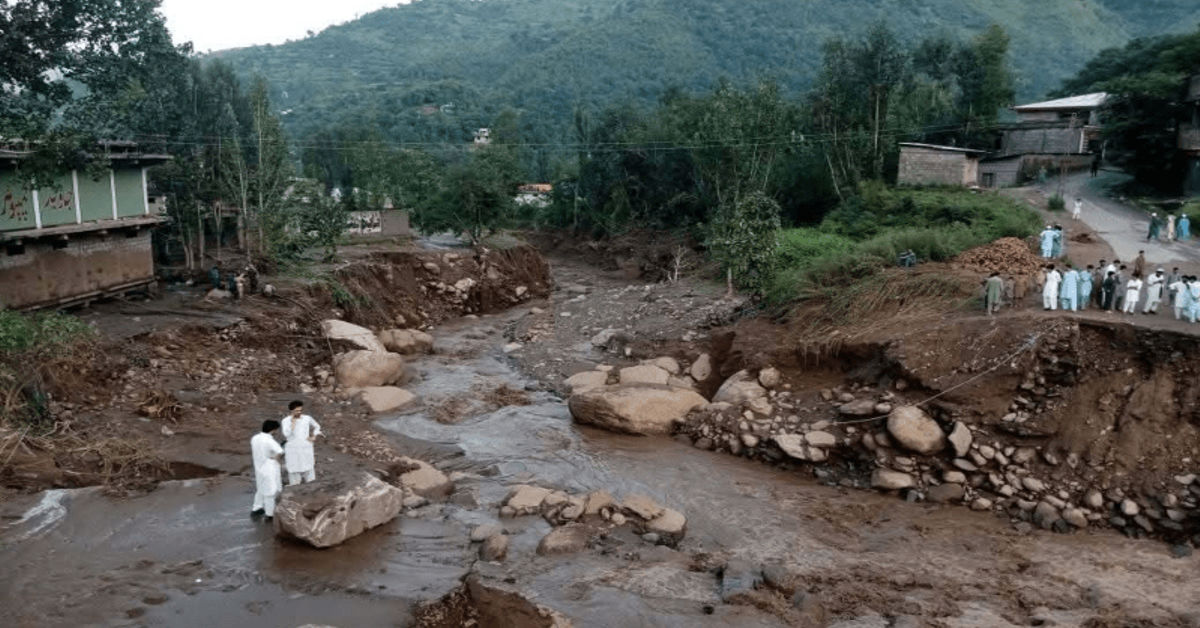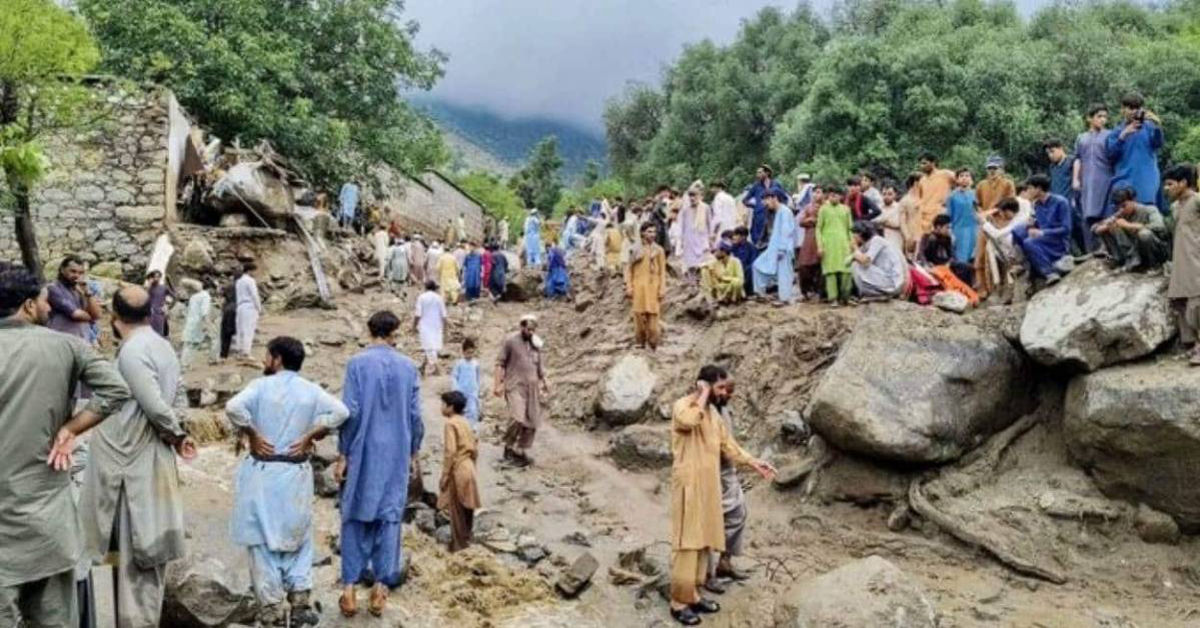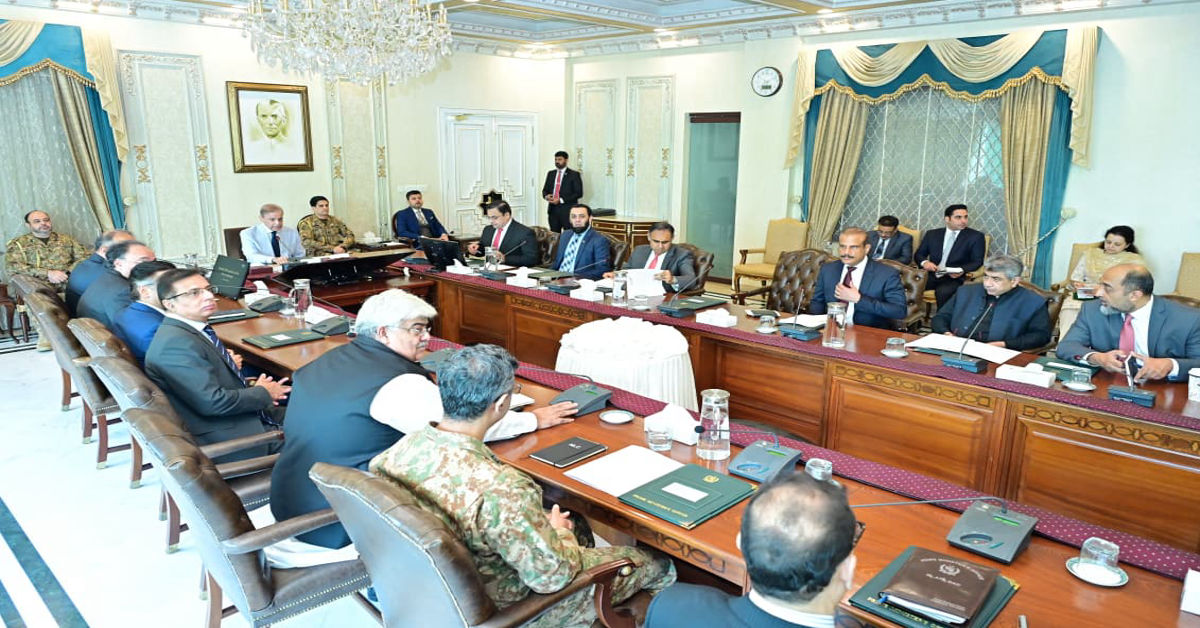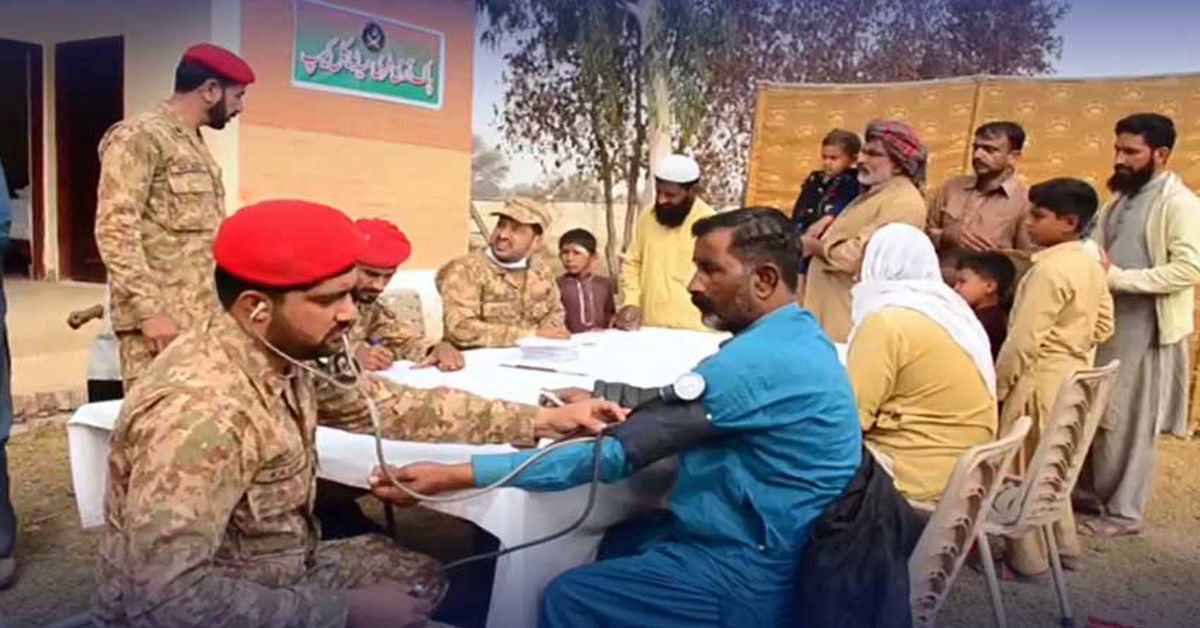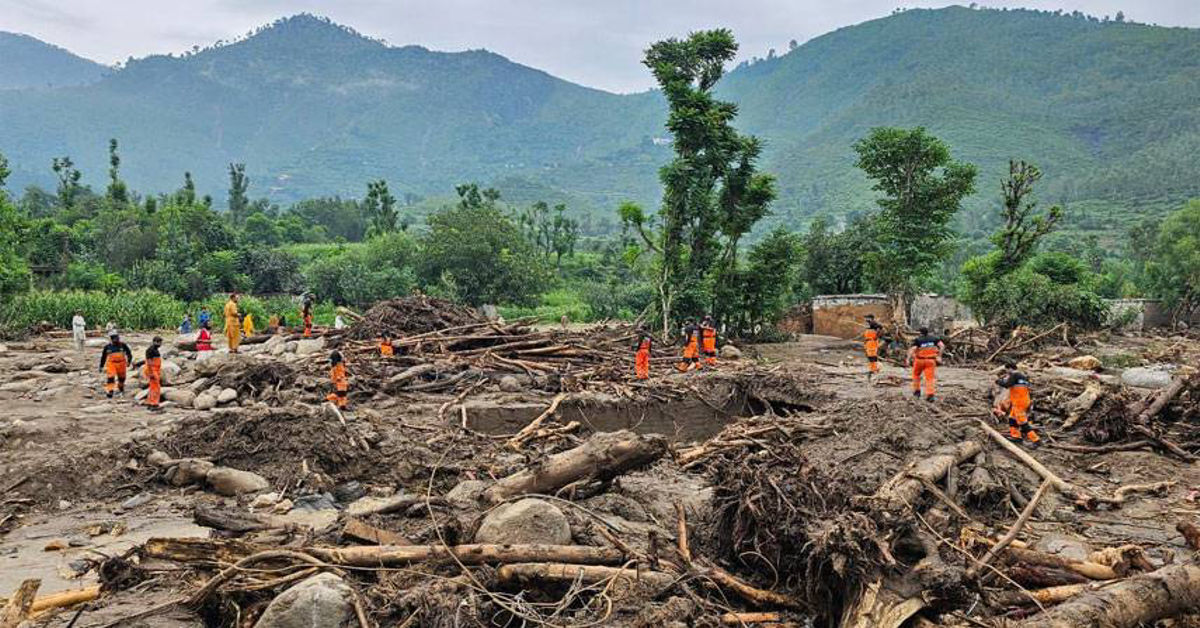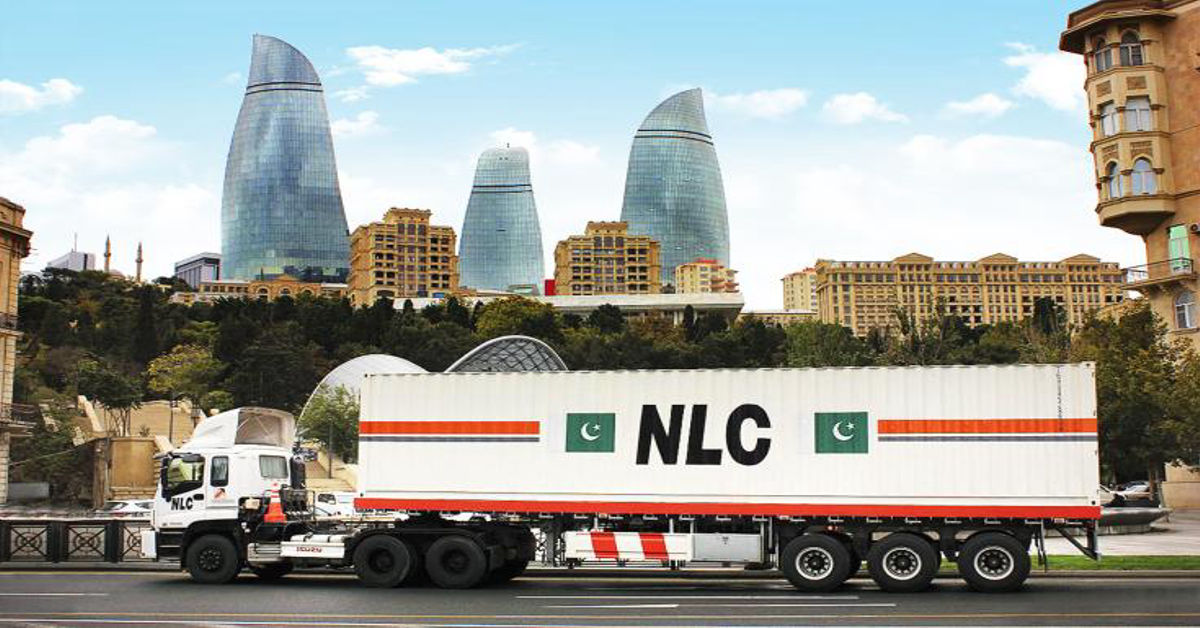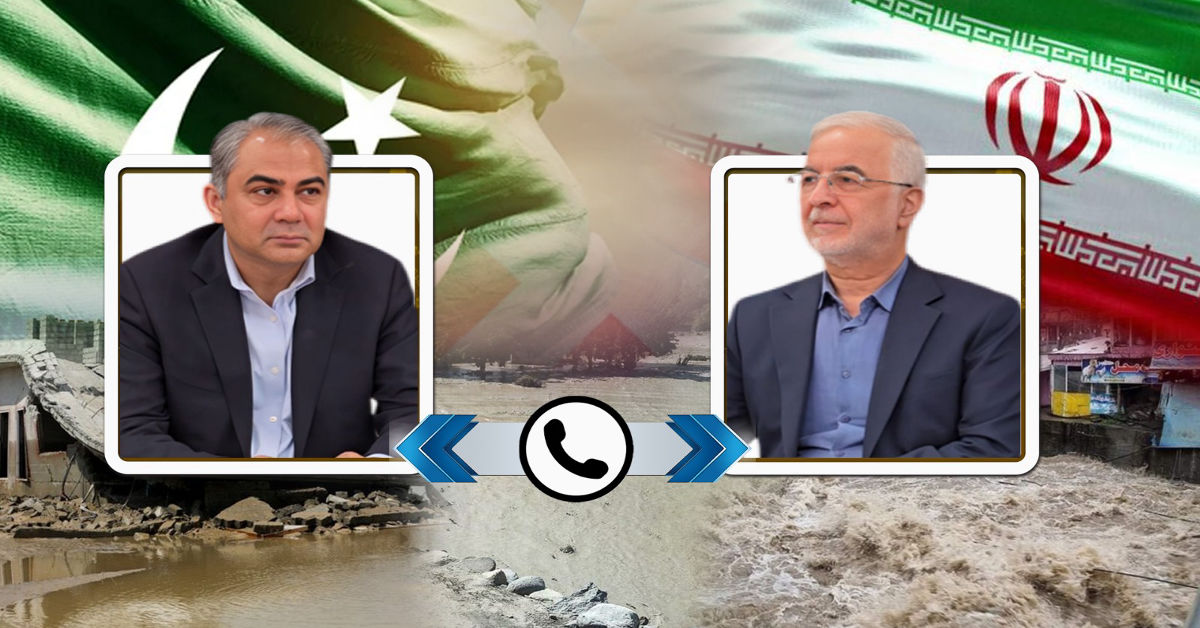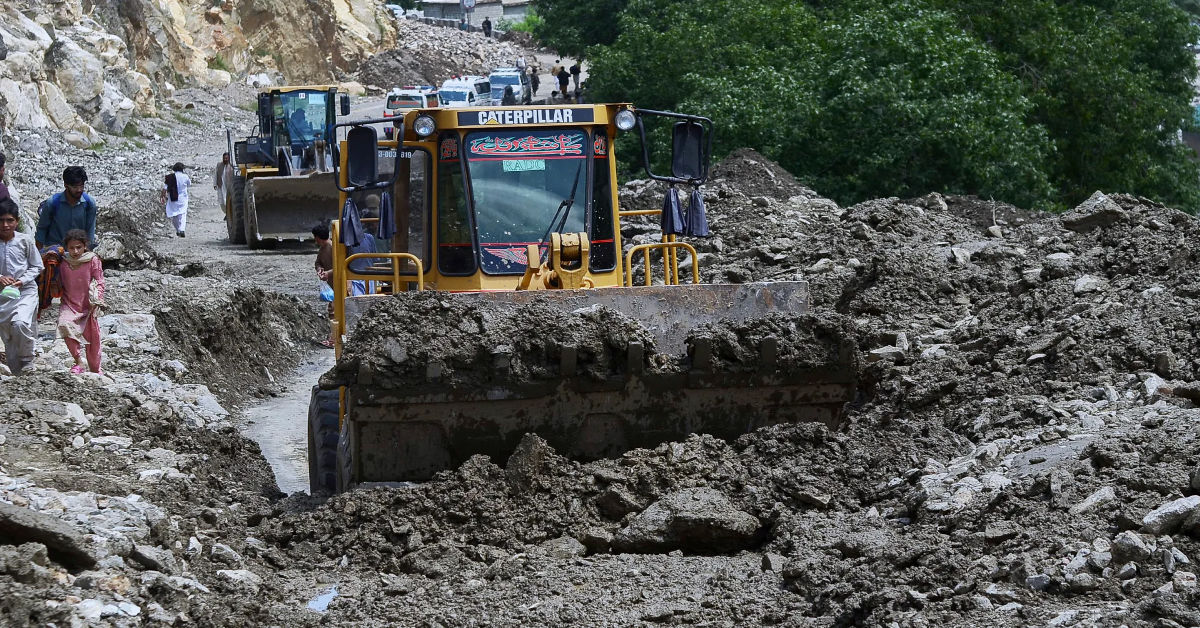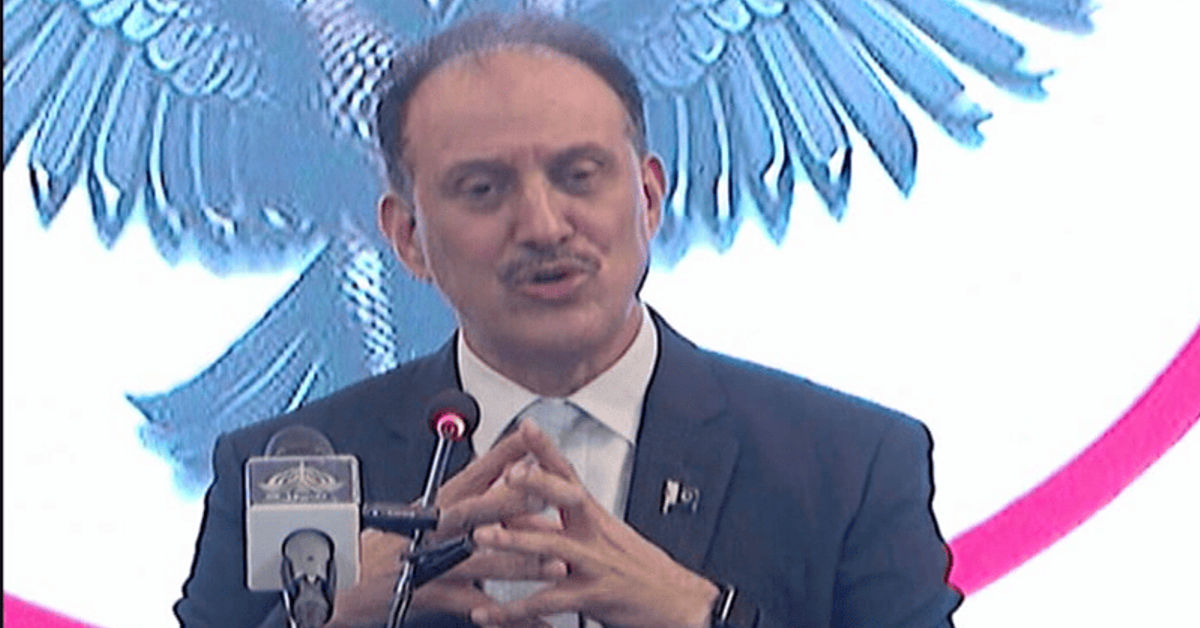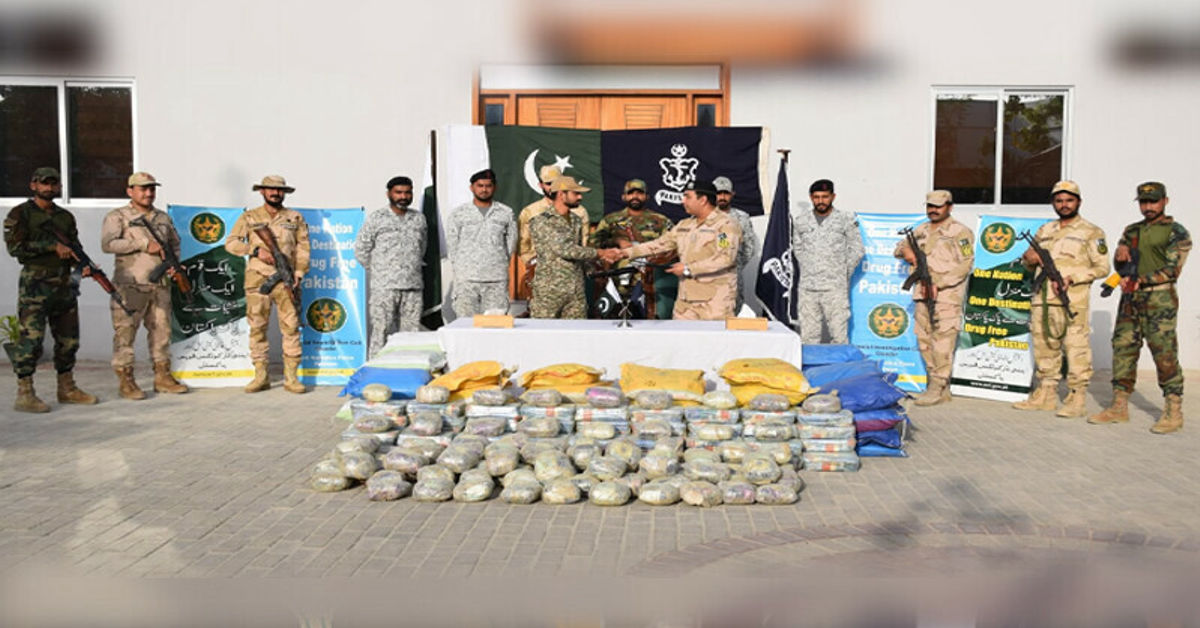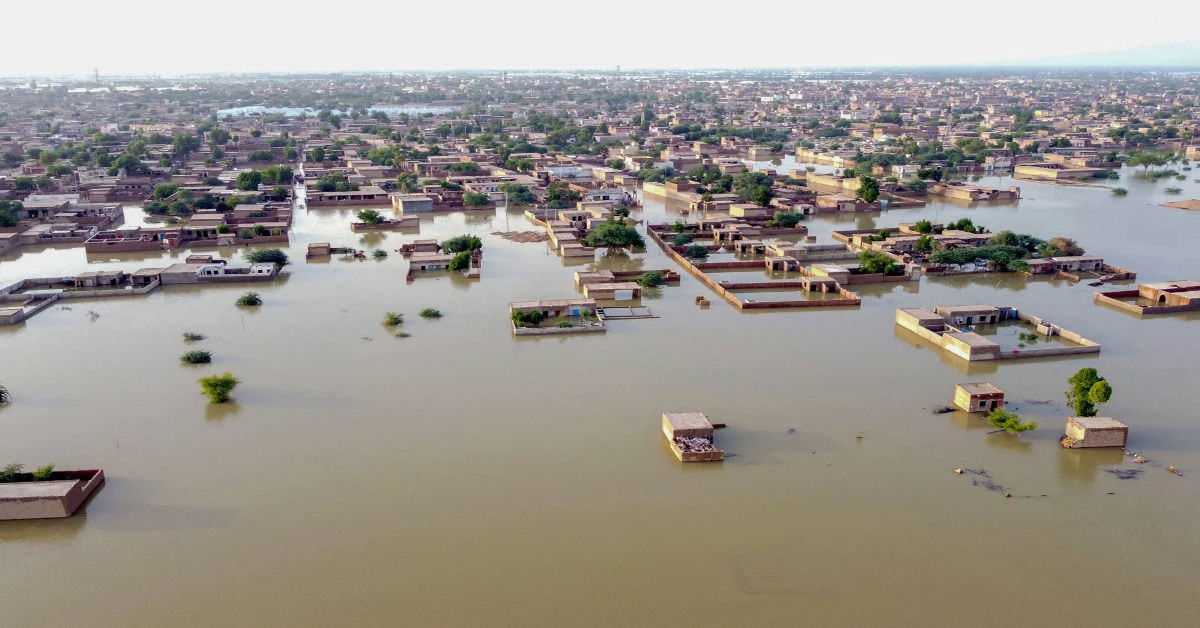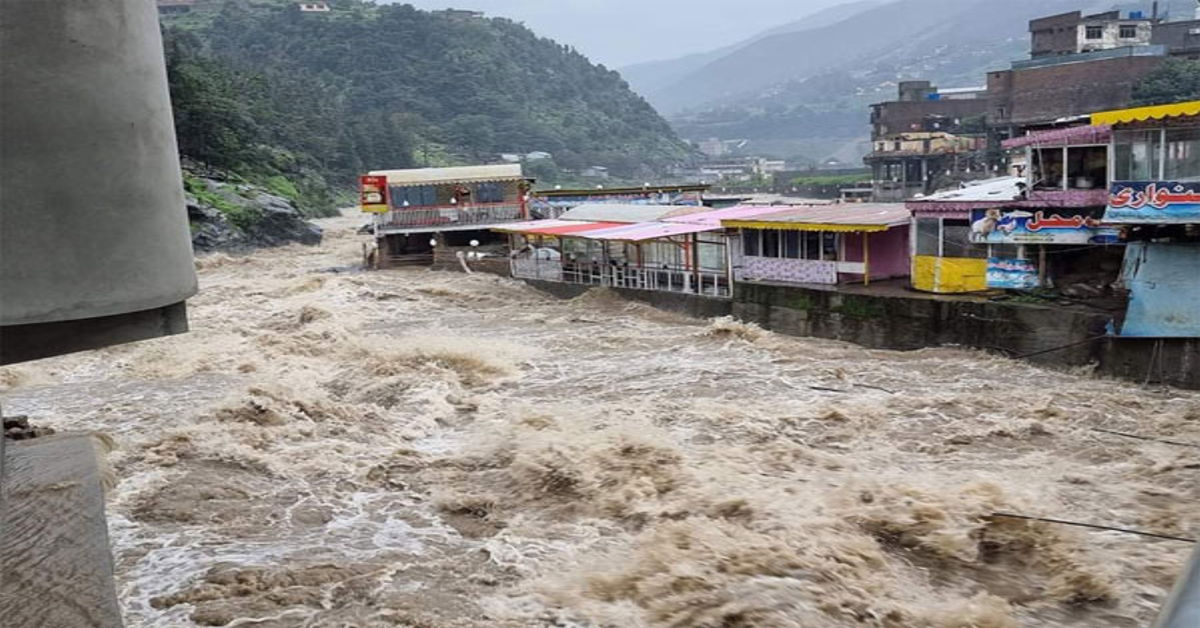
The LBA, operating in Pakistan, has returned in the spotlight in the wake of the harsh allegations made Defence Minister Khawaja Asif. Designated a proscribed terror outfit, the BLA has for several years been carrying out acts of terrorism and sabotage in the restive Balochistan. The minister said that it is very clear that BLA operating is not only being used by India. But also being funded by the same and with this we are going to term it as a dangerous proxy now. This assertion will provide a new geo-political dimension to the internal security challenges of Pakistan.
The Insurgency’s Beginnings
Balochistan has seen several rebellions since Pakistan gained independence in 1947. The area is rich in natural resources but economically underdeveloped, with a history of separatist sentiment. These are movements that have taken decades, if not centuries, to adapt, moving from purely political agitation to armed resistance. The BLA is a prominent armed group that first rose to prominence in the early 2000s, with the goal of Baloch independence. The group then escalated its tactics to include assassinations, bombings and targeting of security forces and infrastructure.
Indian Support Accusations
Khawaja Asif’s statement that BLA was fighting proxy war against the Pakistan under the Indian patronage is a very serious statement. He claims that India gives the group financial support and strategic guidance. The BLA operating with such claimed support, if accurate, makes it a conscious actor desirous of creating fissures on the territorial front of Pakistan. Indian authorities have repeatedly refuted such allegations. While Pakistan insists comprehensive evidence has been shared even as the tussle has further strained ties between the two nuclear archrivals.
Effect on the National Security and the Civilian Sector
The BLA’s operations have not only damaged national security, but also dented the everyday life of Balochistan inhabitants. Periodic strikes on assets like gas pipelines, railroad tracks and power lines have caused economic hemorrhages. Civilians get caught in the crossfire, and unrelenting instability has deterred investment and development in the region. There is heavy deployment of security forces from time to time with high state of desensitisation and fear of violation of human rights during counter-terrorism operations.
Pakistan’s Response to Threats
After a spate of BLA-linked violence, the Pakistani government has pursued a multi-faceted strategy. This has been inclusive of military action against militant camps, an increased coordination between the intelligence agencies and a legislative response to block terror funding. The government has also pressed for greater regional cooperation. Especially from neighboring Iran and Afghanistan, to block the cross-border movements of militants. In addition, the state has also launched development projects to win over hearts and minds with the expectation of making militancy less attractive to Baloch youth.
Geopolitical Repercussions of BLA’s
The regional dimension of local rebellions introduces complexity within regional diplomacy. The BLA operating in pakistan, if confirmed to have foreign backing, are particularly troubling for foreign meddling. If Indian complicity is proven, it would be a violation of international standards and would require an international response. It might also touch off further reciprocal acts and more military build-up in India’s region. Meanwhile, regional instability could create openings for other adversaries to exploit the crisis potentially associating the BLA with transnational terrorist groups or foreign intelligence services looking to meddle in South Asian affairs.
Perception of the Globe
The international organisations have taken a cautious stance on the BLA issue in the past, advising restrint and dialogue. But more and more so-called evidence regarding foreign financing of the BLA may alter international perception. FATF and other regulators could re-examine how they are funding these outfits. At the same time, the international community is divided some countries view the protests as a human rights issue. While others label them as simple terrorism.
What the Locals Say
I even hear mixed emotions from the residents of Balochistan about the BLA and government policies. While some people support the demand for autonomy, many have grown tired of the violence and desire peace and a life away from the battlefield. The education, healthcare and job sectors have been affected due to presence and activities of militant groups. Many residents support integrating more with the rest of Pakistan, provided that others respect their cultural identity and economic rights. Their voices are essential for any long-term solution to the region’s issues.
Peace or Escalation in the Future?
The way ahead is unclear. On one hand, stronger security and regional diplomacy could potentially weaken the BLA. On the other, external backing, if substantiated, may sustain the conflict. Peace in Balochistan would only be sustainable through the military’s vigilance, political inclusiveness, economic development, and regional cooperation. The international role in brokering and supporting counter-terror actions will be a critical factor in stabilizing the region.
Conclusion
In summary, the Balochistan issue is a convoluted problem that mixes up as on internal discontent with external involvement. The BLA operating in Pakistan continues to be the focus of the issue, where allegations by Defence Minister Khawaja Asif of Indian involvement have renewed were about foreign incitement in national battles. Through this turmoil, Pakistan walks a tightrope: between force and reconciliation, vigilance and diplomacy. Finding a sustainable resolution to Balochistan is not only essential for national security, but also critical for regional peace and stability.




